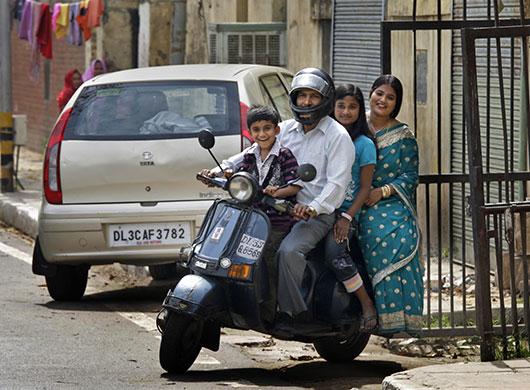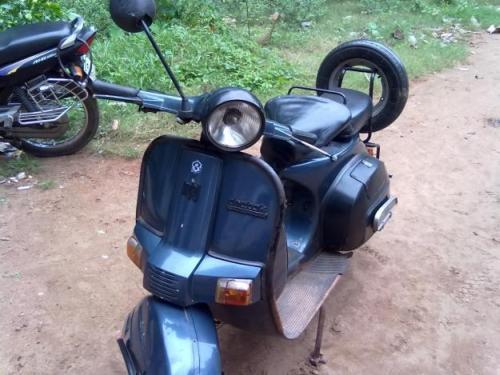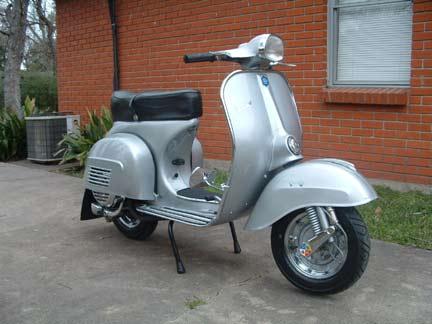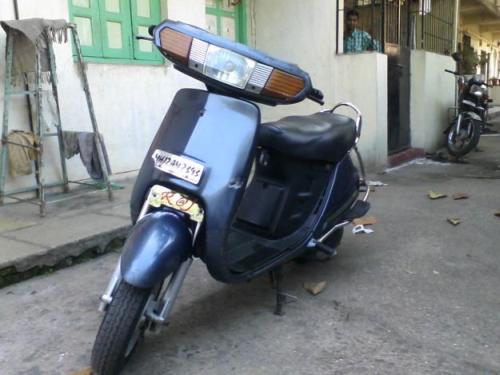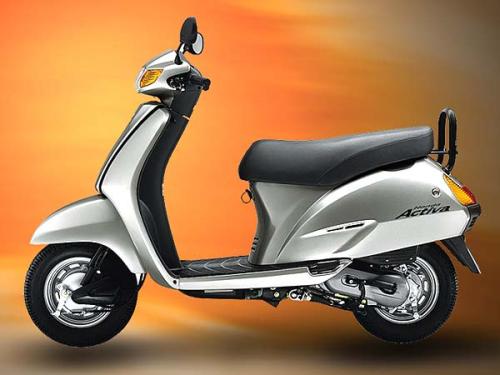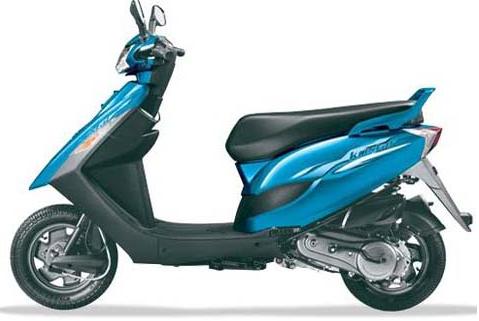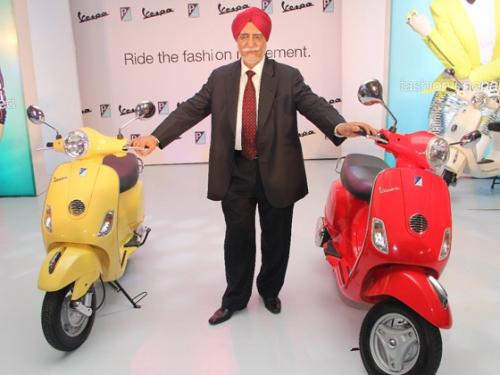 | « Back to article | Print this article |
DON'T MISS: The amazing history of the Indian scooter!
How the unassuming two-wheeler became India's favourite ride
Scooters have run long ways all over the world, ever since they hit the road for the first time during World War II. Though the first scooter to have hit the roads was manufactured and introduced in the United States, Italy is where two wheelers got a new lease of life. The WWII had rendered the Italian roads pitifully destroyed. Scooter, being tiny and easy to drive, turned out to be the most-used form of transport.
India had its first set of scooters in 1948, when Bajaj Auto imported the Vespa scooters. And there has been no stopping for scooters' run in India after that.
DON'T MISS: The amazing history of the Indian scooter!
Ever since scooters were introduced in India, they formed a major part of the Indian automobile industry. When the first scooters were launched in India, the response was overwhelming. Though Indian customers did not have many options to choose from, since not many variations were introduced, sales were awesome. Today, considering the global scenario, India tops the production and sales of scooters.
For the average Indian commuter, two-wheelers happen to be the most convenient option. So far as their production goes, India stands second in the world, next only to China. In terms of sales India ranks number two, after Japan. Considering the high and ever increasing traffic in Indian cities, and the ease with which scooters can be driven, it is pretty obvious why India has one of the biggest markets for scooters. The comparatively lower prices of scooters, vis-a-vis bikes, make them a cost-effective option for daily commuting for millions of Indians.
Let's now catch a quick overview of the journey of this awesome form of two-wheeler in India, right from the beginning, through the ups and downs, till date.
DON'T MISS: The amazing history of the Indian scooter!
As mentioned earlier, it was in the year of 1948 that the first set of scooters was introduced. Bajaj Auto happens to be the first Indian scooter dealers, trading in imported Vespa Scooters. Scooter production within the country started in the early fifties, as API (Automobile Products of India) ventured into manufacturing them.
By 1958, Indian roads already had considerable number of scooters running on them. API and Enfield emerged as major scooter manufacturers. Bajaj started producing scooters in India only in 1960. However, they were not independent manufacturers like their counterparts. Bajaj Auto worked in collaboration with Piaggio, the Italian scooter manufacturer. The alliance lasted a little over a decade, and terminated in 1971.
DON'T MISS: The amazing history of the Indian scooter!
The popularity of scooters was moderate from the 70s till the mid-80s. The craze that was marked in the initial years, after 1948, was missing. However, the popularity of the other types of two-wheelers was on the increase. In the 70s bikes emerged in various stunning models, catching attention of aspiring buyers, and thereby, grabbed the target market. This was the time when the future of scooters in India seemed to be at stake, since most people who wanted to buy two-wheelers, preferred bikes to scooters.
The popularity of the scooters was on the rise again in the mid-80s, when the Indian automobile market for two-wheelers started welcoming foreign manufacturers. This was, in fact, a revolutionary phenomenon in the Indian automobile industry for two wheelers. Manufacturers employed smart strategies to spot target market. Instead of targeting all aspiring buyers they designed and manufactured scooters meant for the young women and older men.
DON'T MISS: The amazing history of the Indian scooter!
It is at this stage that a gearless scooter was launched by Kinetic in collaboration with Honda, the popular Japanese automobile manufacturer. Since this model and its variants were extremely easy to drive, they became immensely popular right away. The earlier models lost a big share of buyers as the elderly or the young women found driving difficult. The gearless model grabbed this market effectively.
The success of Kinetic inspired TVS, and Hero to introduce their own variants.
DON'T MISS: The amazing history of the Indian scooter!
Today automobile giants like Hero MotoCorp, Honda, TVS, Suzuki, and Yamaha rule the scooters market in India. Honda took the scooter market to a different dimension as it introduced Honda Activa, a gearless scooter in 2000. With this model it surpassed other popular scooter manufacturers like Kinetic, Bajaj, and TVS.
DON'T MISS: The amazing history of the Indian scooter!
Inspired by Honda's immensely significant launch, other manufactures have also introduced their own variants. Some such models that have come to be popular are Hero MotoCorp's Pleasure and Maestro, TVS's Scooty Pep, Suzuki's Access, and Yamaha's Ray.
DON'T MISS: The amazing history of the Indian scooter!
What is most extraordinary about these latest models is that a significant share of their customers is India's youth, mostly college students, though the target customers are the young women and the older generation. Now that the city roads are becoming more and more crowded, chances are high scooters will soon replace bikes, and rule the city roads.
